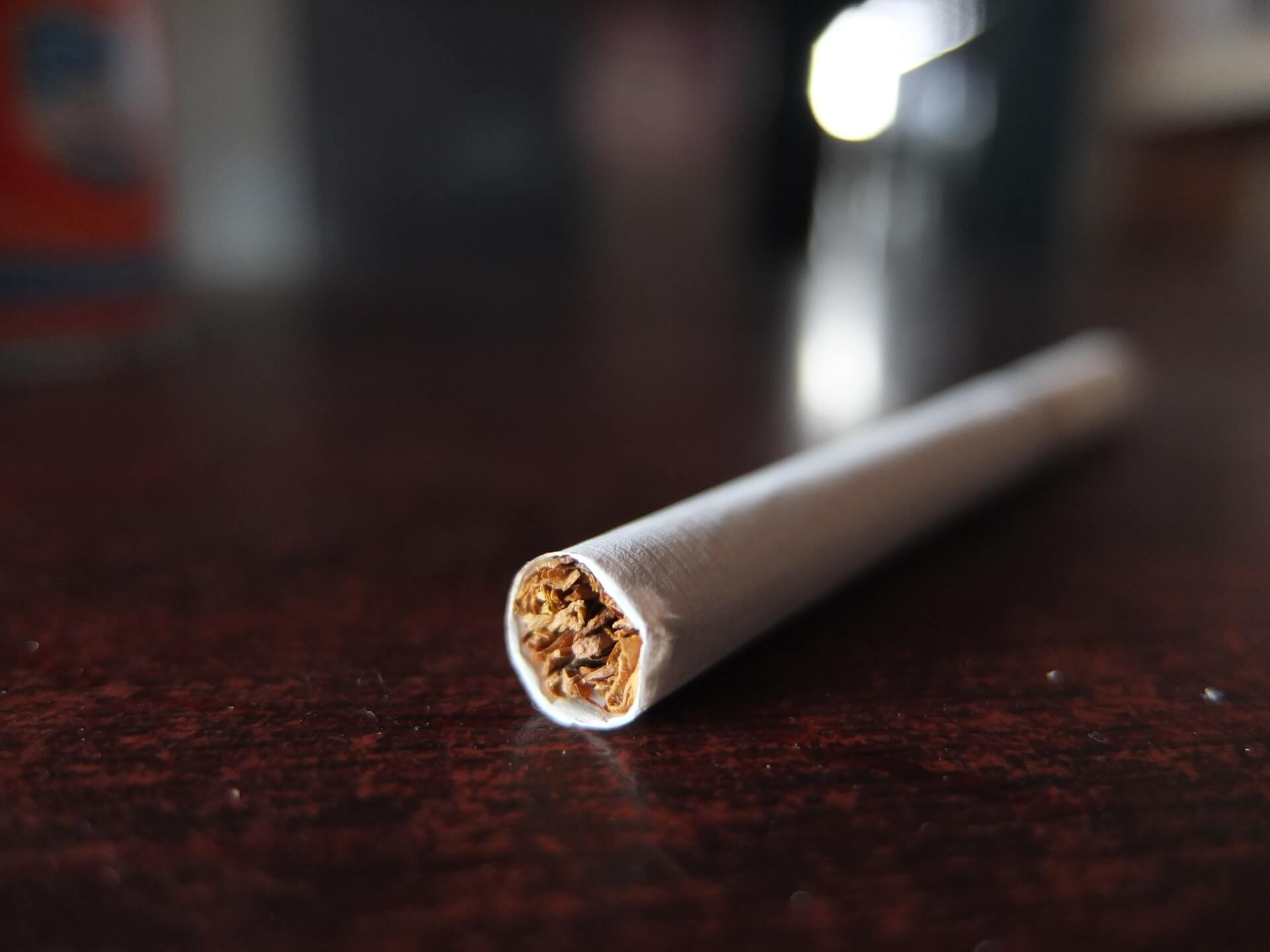Blog
Plain packaging will work
24 April 2011

Plain packaging for tobacco products has the potential to be one of the most important policy measures in Australian history for reducing cancer deaths from smoking.
Cancer Council research along with documents obtained from the tobacco industry show the pack is an important marketing tool, particularly for attracting new smokers - usually young people. Sceptics claimed the TV and radio ad bans in the 1970s would not work either, but their implementation coincided with a substantial drop in smoking rates. We expect to see a similar reduction after plain packets are phased in; so, apparently, does the tobacco industry.
On one hand we have some vested interests saying plain packages will not affect consumption, while on the other hand a tobacco industry funded retailers' campaign suggests the measure will put them out of business. It's a ludicrously contradictory argument, so we should stick with the evidence. And the evidence, based on behavioural research from both the health sector and the tobacco industry, shows that glossy, branded packs are an important marketing tool, therefore making them unattractive will send an important health message to would-be smokers.
What better indication of effectiveness do you need than the tobacco industry's desperate opposition to the proposal?
The research is clear and compelling.
Smoking is the largest preventable cause of cancer death in Australia. Plain packaging will help to reduce Australia's unacceptably high tobacco-related cancer burden.
The introduction of plain packaging is relatively cost-neutral. The Government may need to fund a legal fight with the tobacco industry, but we think the Government is on solid legal ground, in which cases costs will be minimal.
Philip Morris recently launched its I deserve to be heard campaign urging smokers to exercise their rights and resist tactics to reduce smoking rates. The individual's right to smoke is not being challenged. Plain packaging is predominantly about deterring young people from becoming addicted to tobacco products. Decades ago people argued that mandatory use of seatbelts in cars was an infringement on the rights of the individual. Now it is seldom discussed, and statistics show that thousands of road trauma deaths have been avoided. (It's also worth considering the rights of non-smokers who are exposed to second hand smoke because of the smoker's right to light up in many public spaces.)
Why not ban tobacco? Tobacco has been a legal product for centuries, is used regularly by almost one in five Australians and is highly addictive. Banning it would simply be unfeasible. A comprehensive set of measures over the past 35 years, including price control through taxation (the most effective policy measure over time), advertising restrictions, public information emphasising the health risks, and restrictions to smoking in public places has led to Australian smoking rates dropping dramatically. Based on this, more of these measures, complemented by plain packages to eliminate the most powerful remaining form of advertising, will see smoking rates eventually reduced to below 10%. When we get to the stage that only a small minority of the population smokes, we can look at more targeted approaches, but an outright ban would be unfair for millions of smokers who became addicted when it was legal and would be impossible to police.
Some people argue the Government's money would be better spent on helping people quit. Most people who successfully quit smoking do so "cold turkey" through their own determination to enjoy the many benefits of a smoke-free life. However, quit programs are important and have assisted a substantial number of people end their addiction to tobacco. The Government recently agreed to subsidise nicotine replacement therapy; and it already contributes to Quitline funding.
No other common consumer product comes near tobacco in terms of death and disease in its long-term users. Tobacco has been treated differently ever since small health warnings were mandated on packaging and ad bans were introduced 38 years ago. This initiative is a continuation of that policy and is specifically about tobacco. Cancer Council fully supports the Australian Government's draft legislation.
For further information see Plain packaging of tobacco products: a review of the evidence.
Tags
